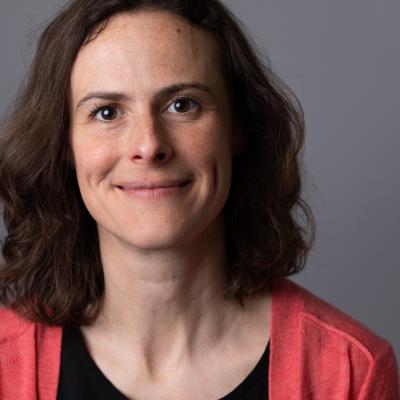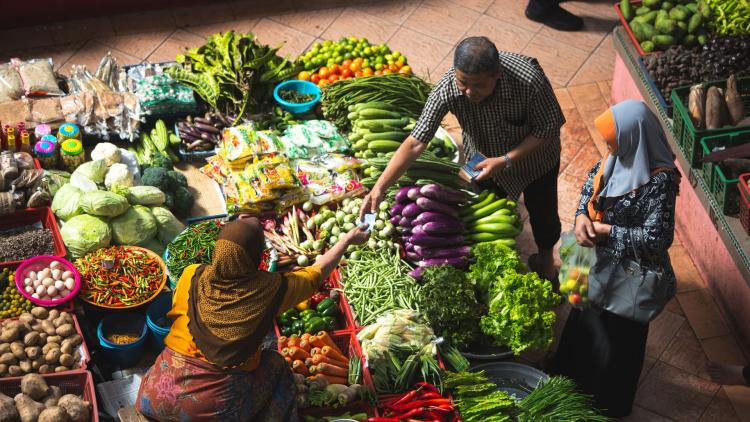Digitalisation of food assistance project


About
‘Digitalising Food Assistance: Political economy, governance and food security effects across the Global North-South divide’ is a 3-year ESRC-funded project examining digitalising food assistance in Sudan, India and the UK.
Our aim is to understand how the digitalisation of food assistance shapes vulnerability to food insecurity, its role as a source of power and way of governing, and to examine its implications for addressing hunger, locally and globally.
We will:
- Map different digital food assistance practices and the motivations for adopting them.
- Investigate how digital practices relate to welfare, production, trade and finance, and their implications for power dynamics, inequality and profit.
- Explore the effects of digitalised food assistance on marginalised populations, with particular emphasis on migrants and displaced people.
- Influence policy and practice using evidence on the effect of digital technologies.
Digitalisation of food assistance project
Take an in-depth look at our project and its aims.
Key SOAS researchers
Project co-investigators
The project is led by Dr Susanne Jaspars, the Principle Investigator, at the SOAS Food Studies Centre, together with Dr C. Sathyamala, as Co-Investigator at the Institute for Human Development in New Delhi (India), and Co-Investigator Dr Tamer Abd Elkreem, at the University of Khartoum supported by CEDEJ-Khartoum (the French Centre for Economic, Legal and Social Studies in Sudan). Dr Iris Lim, a postdoctoral researcher on the project and will lead on the UK part of the research.
Project partners
- Darfur Development and Reconstruction Agency (DDRA) in Sudan
- Jan Swasthya Sahyog (JSS) in India
- The Food Foundation in the UK
- Institute for Human Development in India
- CEDEJ-Khartoum (French Centre for Economic, Legal, and Social Studies in Sudan)
- University of Khartoum









